-
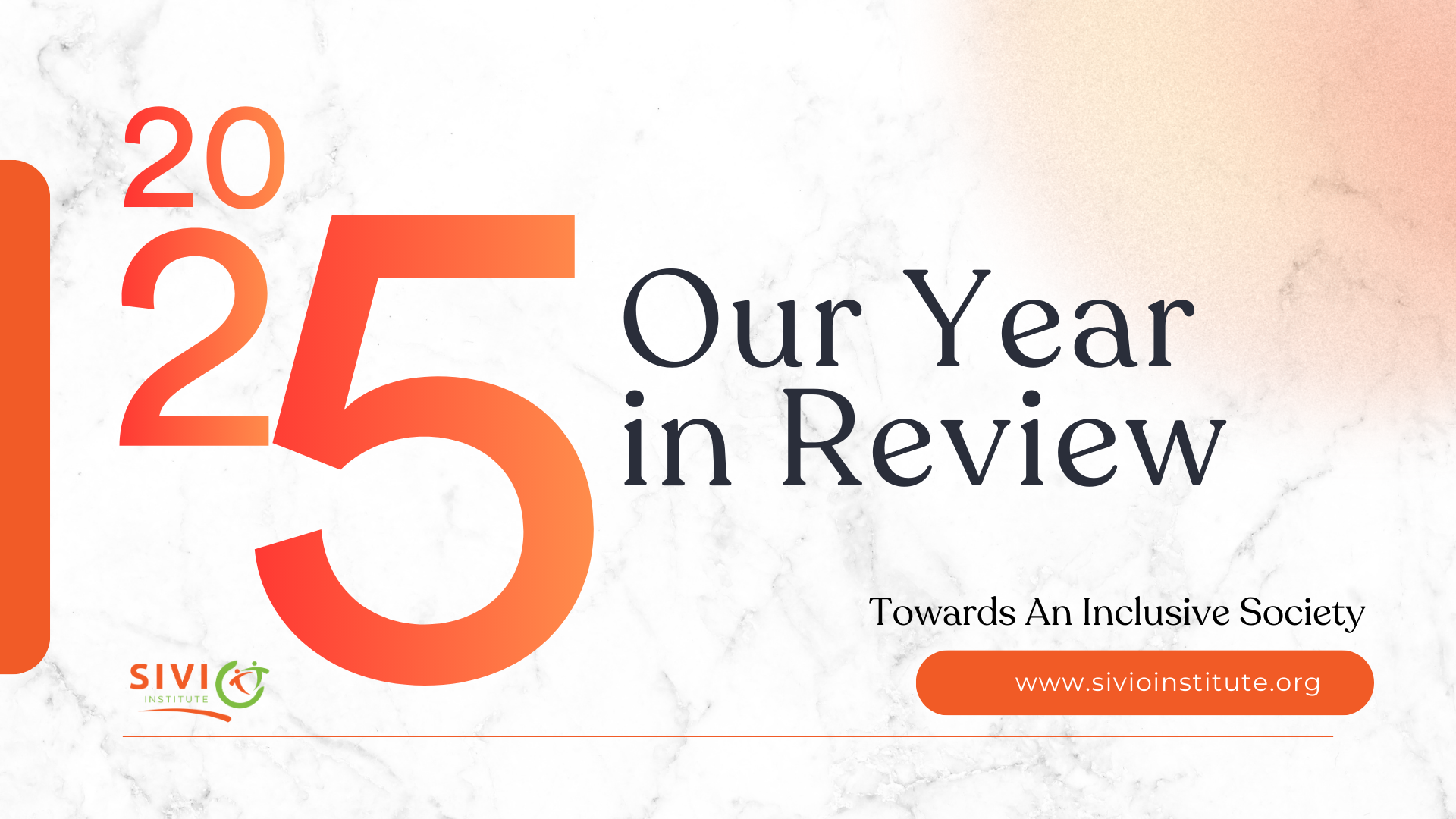
Our Year in Review
In 2025, we focused on resilience by enhancing accountability, amplifying citizen voices, and creating inclusive tools. Our journey included promise trackers and partnerships that drove change. Watch to find out what we have been up to this year. You can also explore a timeline of our activities below: https://sivioinstitute.org/what-we-do#timeline
-
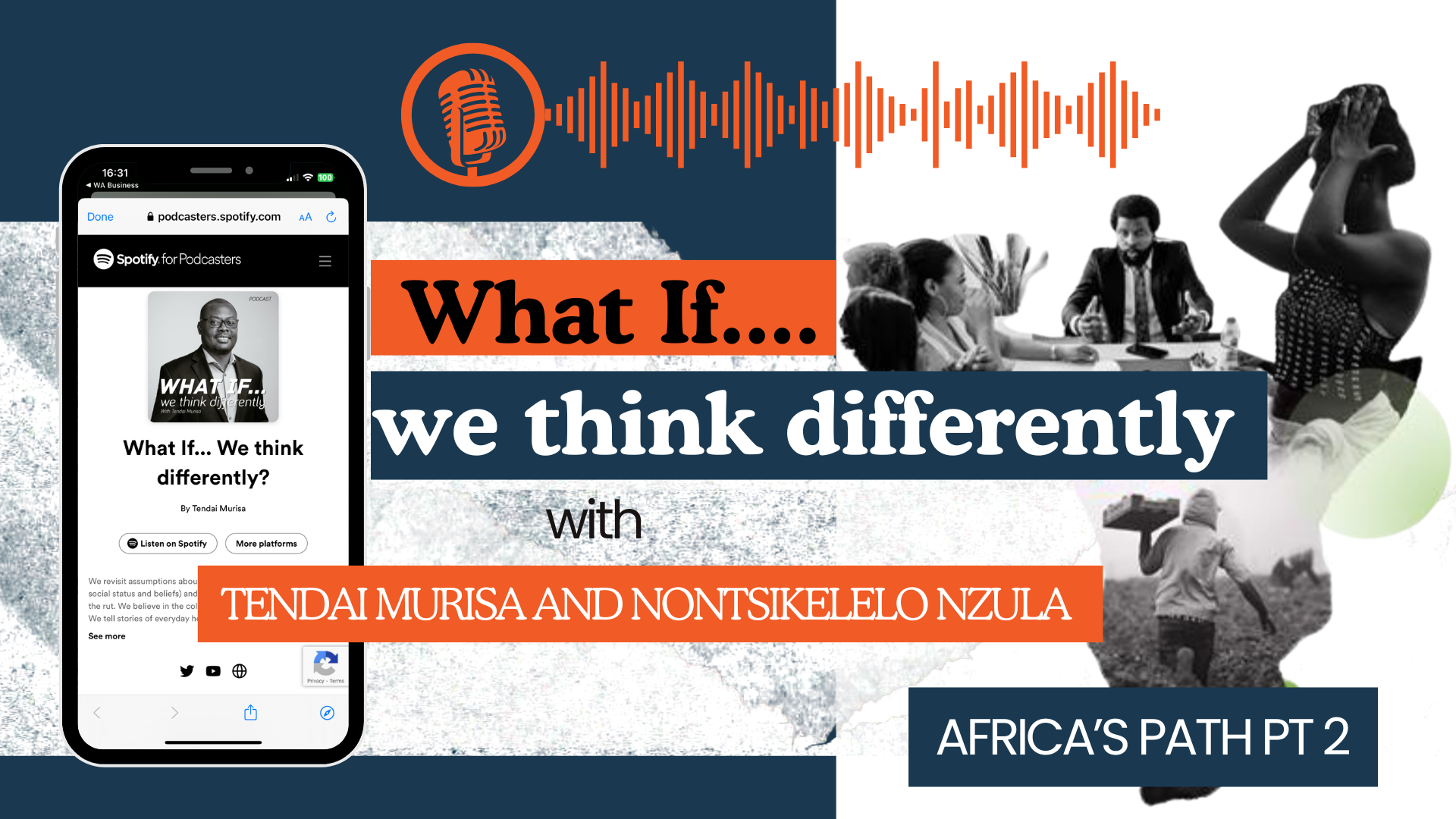
Africa’s Path – Part 2 | What If… We Think Differently?
Africa’s Path – Part 2 | What If… We Think Differently? In this concluding episode of Africa’s Path, we move from diagnosis to action. Building on the continent’s current challenges, the conversation centres on what must be done to reclaim Africa’s development agenda. We explore practical solutions that empower local entrepreneurs, strengthen agency, and unlock
-
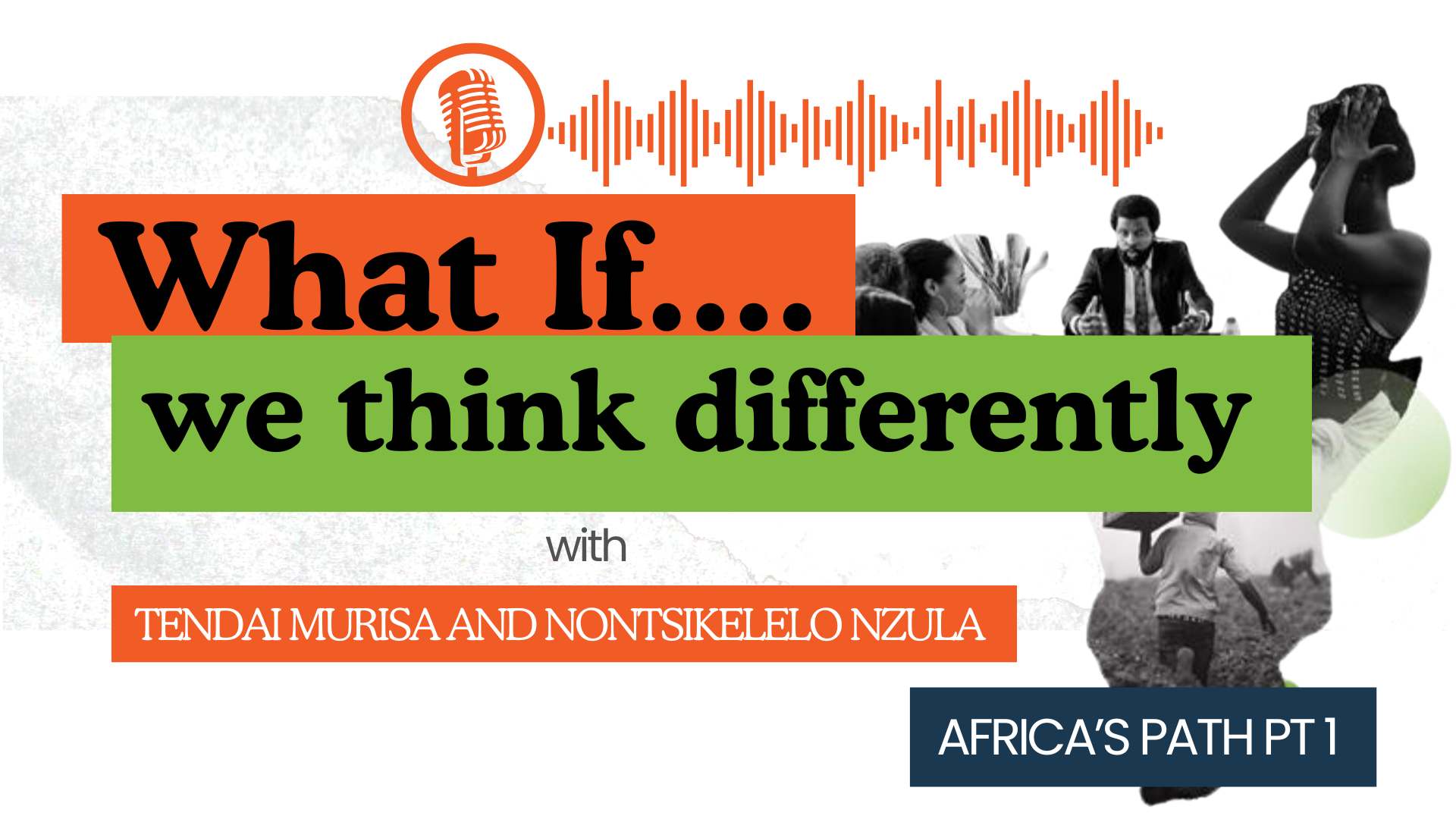
Africa’s Path – Part 1 | What If… We Think Differently?
Africa’s Path – Part 1 | What If… We Think Differently? This opening episode of Africa’s Path explores the continent’s current economic and social crossroads, drawing on an earlier insight. We unpack Africa’s debt challenges, food insecurity, and reliance on imports, while highlighting the urgent need to reframe prosperity beyond GDP. The conversation teases bold
-
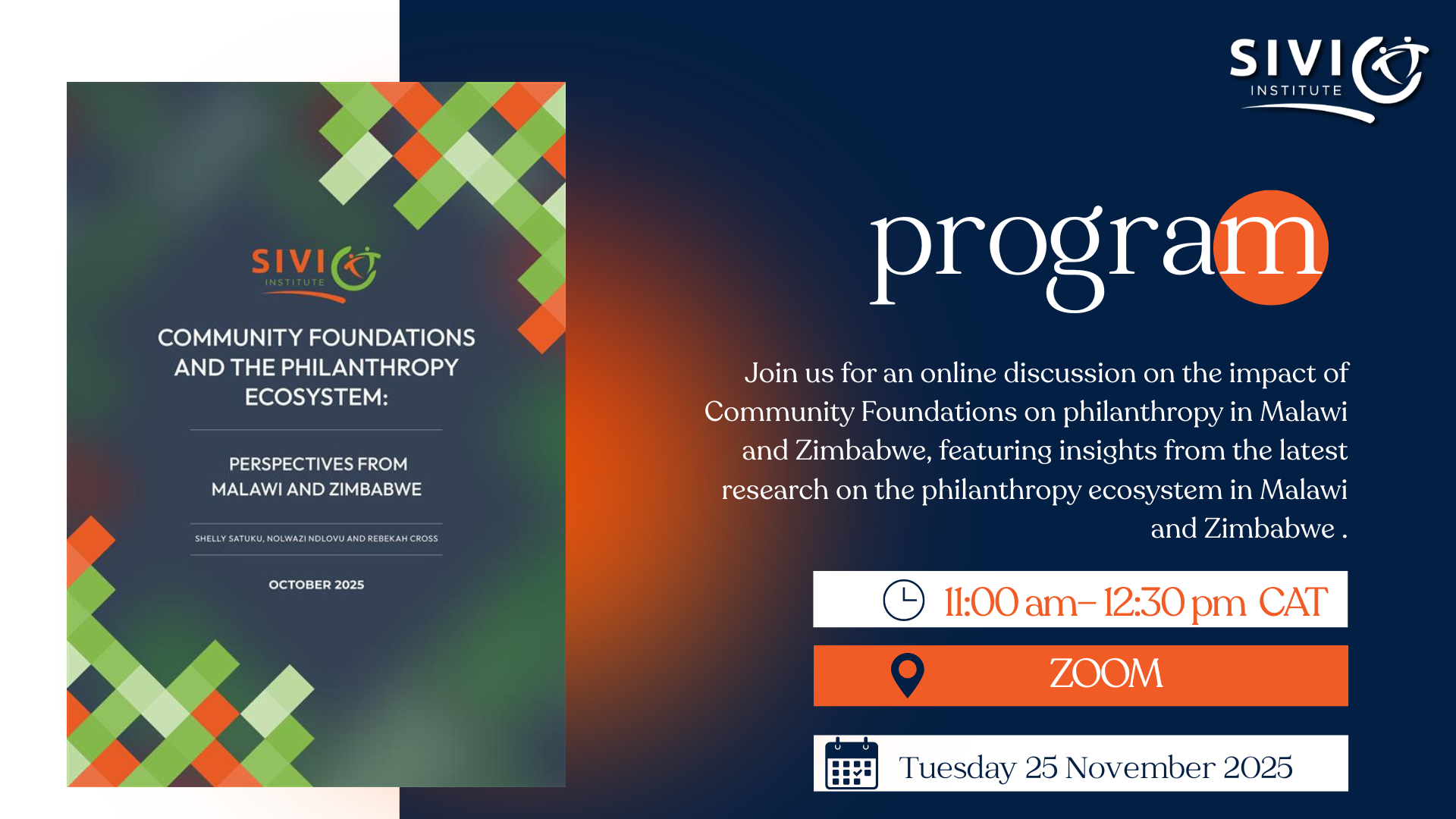
Community Foundations and the Philanthropy Ecosystem – Dialogue
Community Foundations and the Pilanthropy Ecosystem Join us for an online discussion on the impact of Community Foundations on philanthropy in Malawi and Zimbabwe, featuring insights from the latest research on the philanthropy ecosystem in Malawi and Zimbabwe.
-
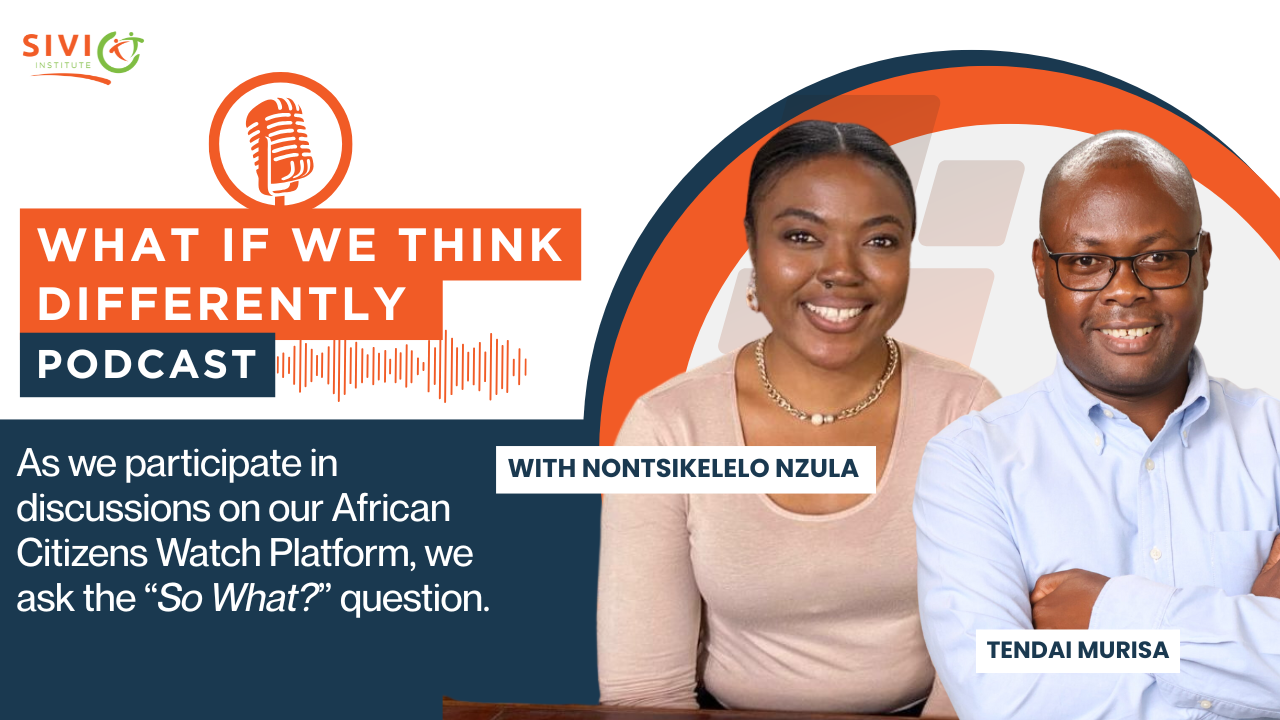
So What? African Citizens Watch: Turning Civic Tech into Accountability
So What? African Citizens Watch: Turning Civic Tech into Accountability What does civic tech actually change—and how do we know it is working? In this episode, we unpack the “So What?” question behind African Citizens Watch, a platform built to strengthen public accountability across Africa. From promises to actions, we explore how African Citizens Watch
-
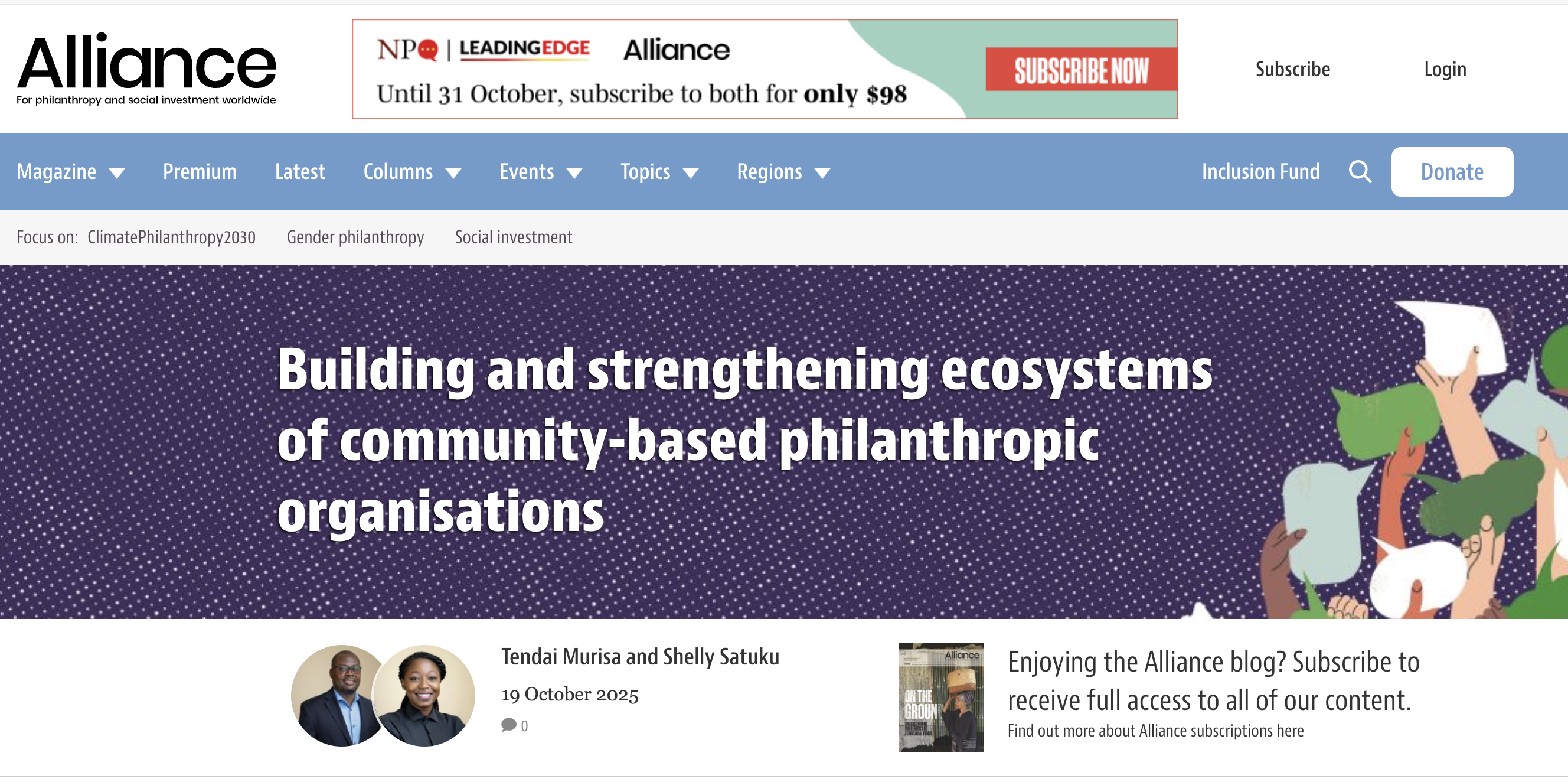
Building and strengthening ecosystems of community-based philanthropic organisations
Building and strengthening ecosystems of community-based philanthropic organisations Originally posted on The Alliance Magazine blog: https://www.alliancemagazine.org/blog/building-and-strengthening-ecosystems-of-community-based-philanthropic-organisations/ In response to growing regulatory pressures and global aid cuts, we have been involved in a philanthropy ecosystems approach to build resilience across Africa. In partnership with community philanthropy organisations (CPOs) in Malawi and Zimbabwe, we have supported the
-
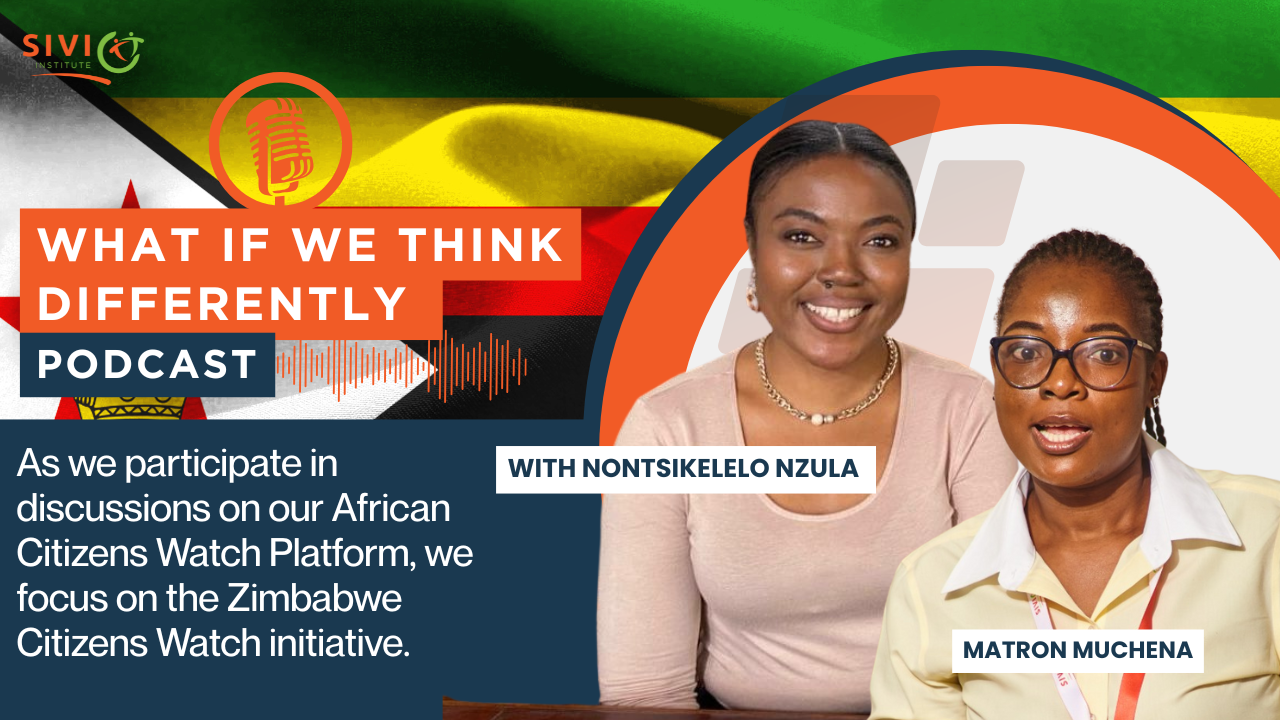
Zimbabwe perspectives: from pledges to progress – African Citizens Watch
In the final episode of the “What If…We Think Differently?” series by African Citizens Watch, we journey through Zimbabwe’s evolving landscape of civic engagement, policy reform, and citizen-led accountability. Titled Zimbabwe Perspectives: From Pledges to Progress, this conversation distils the challenges and opportunities facing the nation, offering a reflective close to the series with insights
-
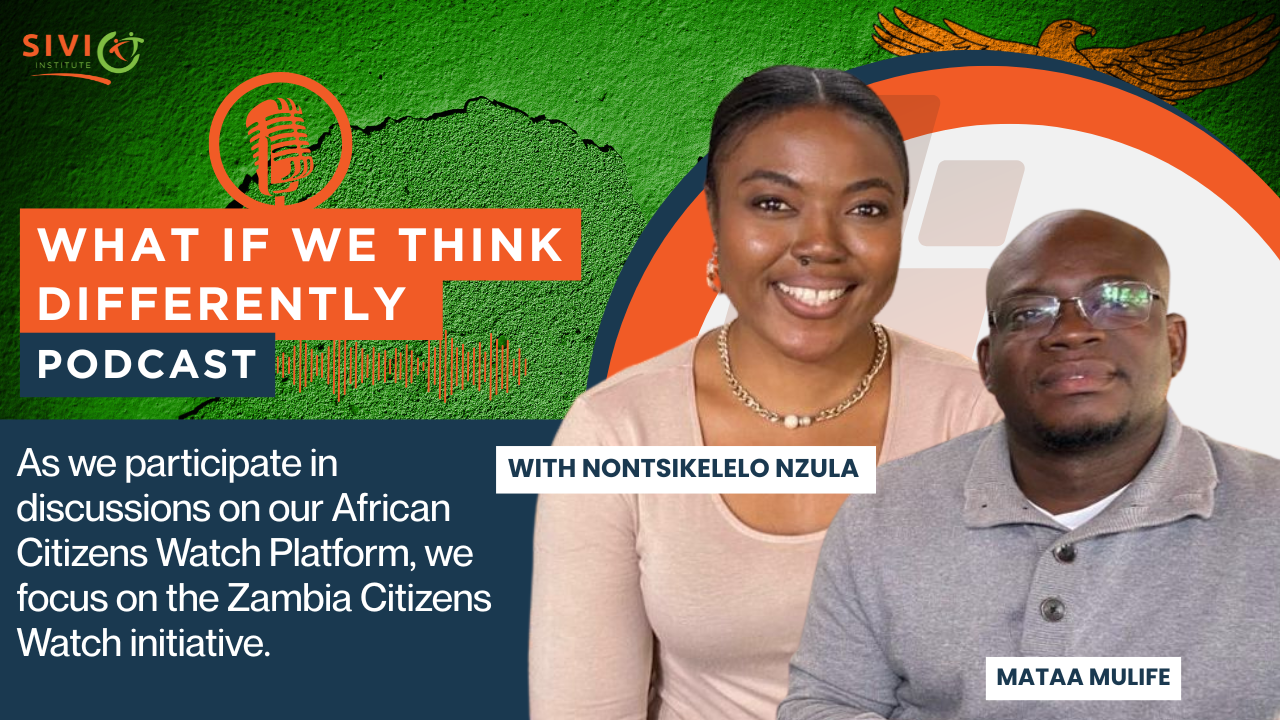
Zambia Unpacked – Accountability in Action – African Citizens Watch
Zambia Unpacked Accountability in Action African Citizens Watch Four years in office; one more year to go: Has the government of Zambia done enough for a second term? Listen to the Podcast:
-
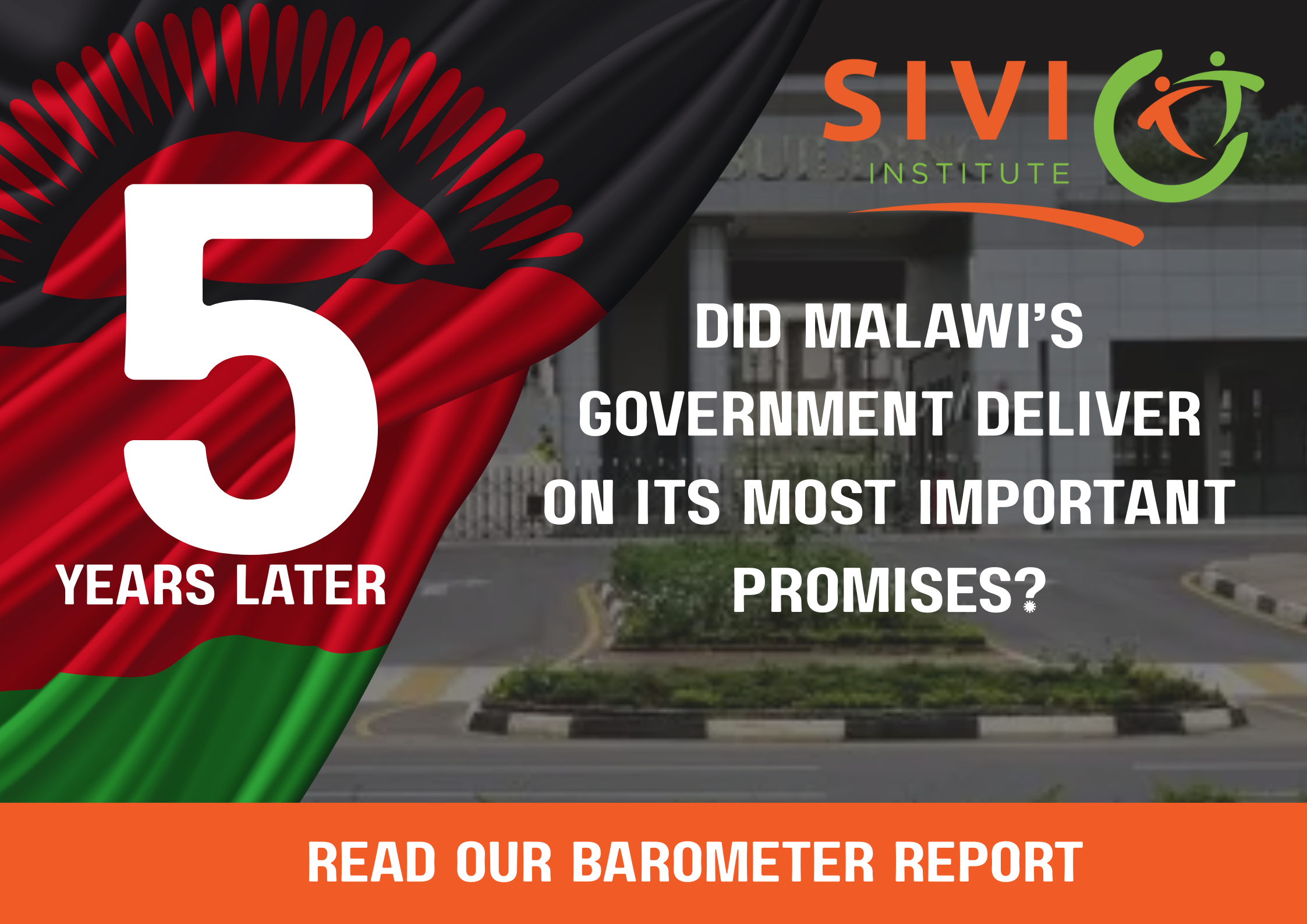
Malawi Barometer Report 2025 | Launch
On the 22nd of August, we unveiled the Malawi Barometer Report 2025 in a dynamic virtual event that brought together citizens, researchers, policymakers, and partners to reflect on Malawi’s governance journey—just 21 days ahead of national elections. This report, New Faces, Same Challenges? is the result of five years of rigorous data collection via our
-
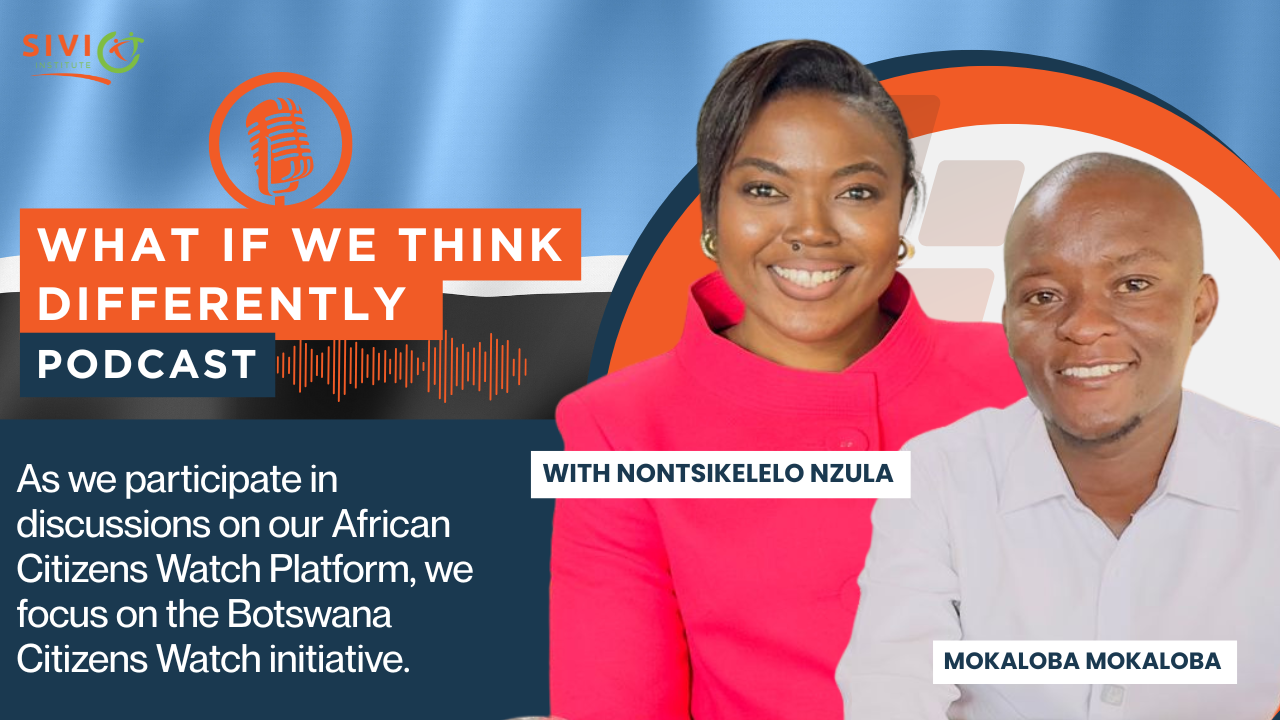
Botswana Spotlight – Tracking a new chapter – African Citizens Watch
Botswana has long been hailed as a model of democratic stability in Africa. Yet, since gaining independence in 1966, the country remained under the rule of a single dominant party—until the historic elections of October 2024. The Umbrella for Democratic Change (UDC) emerged victorious, ushering in a new era of governance. In this episode, we

Media
Categories